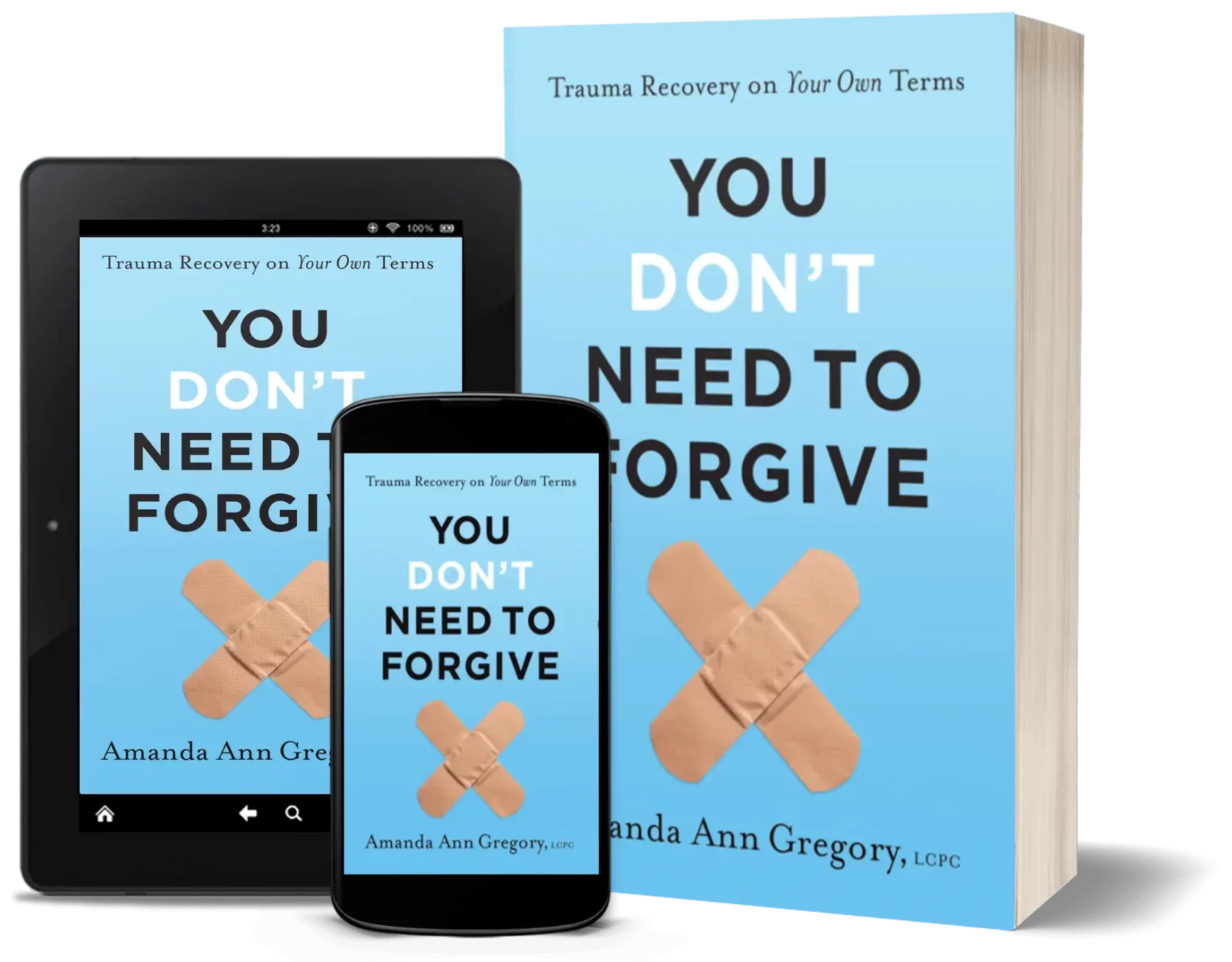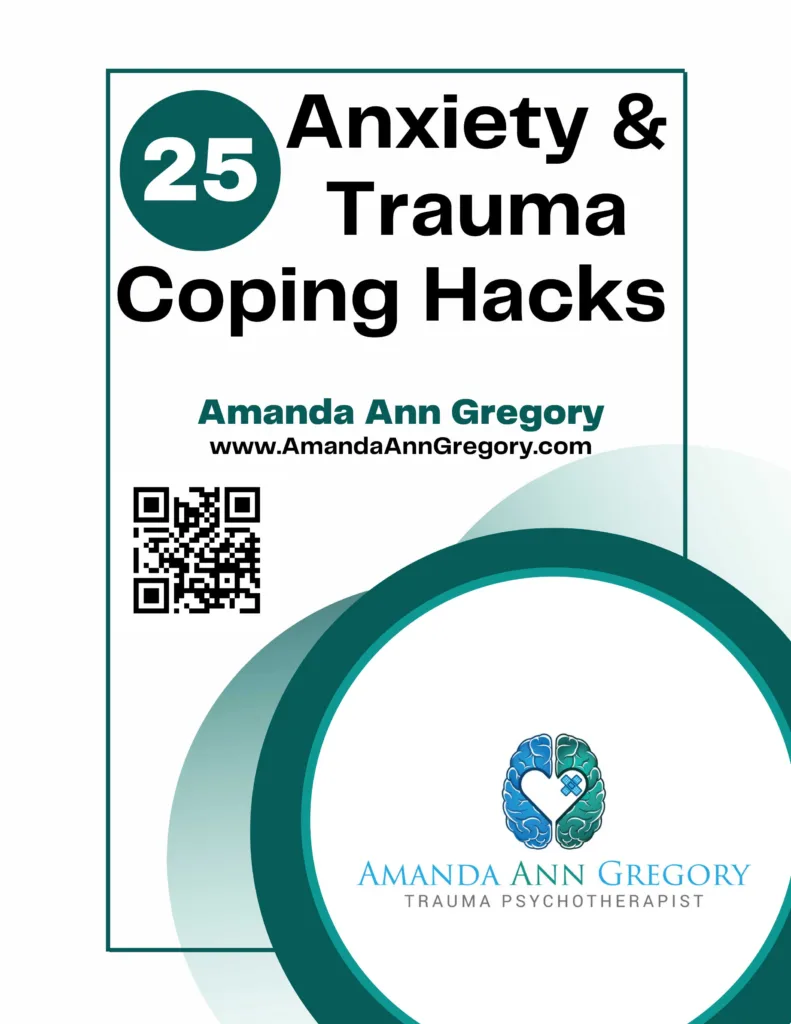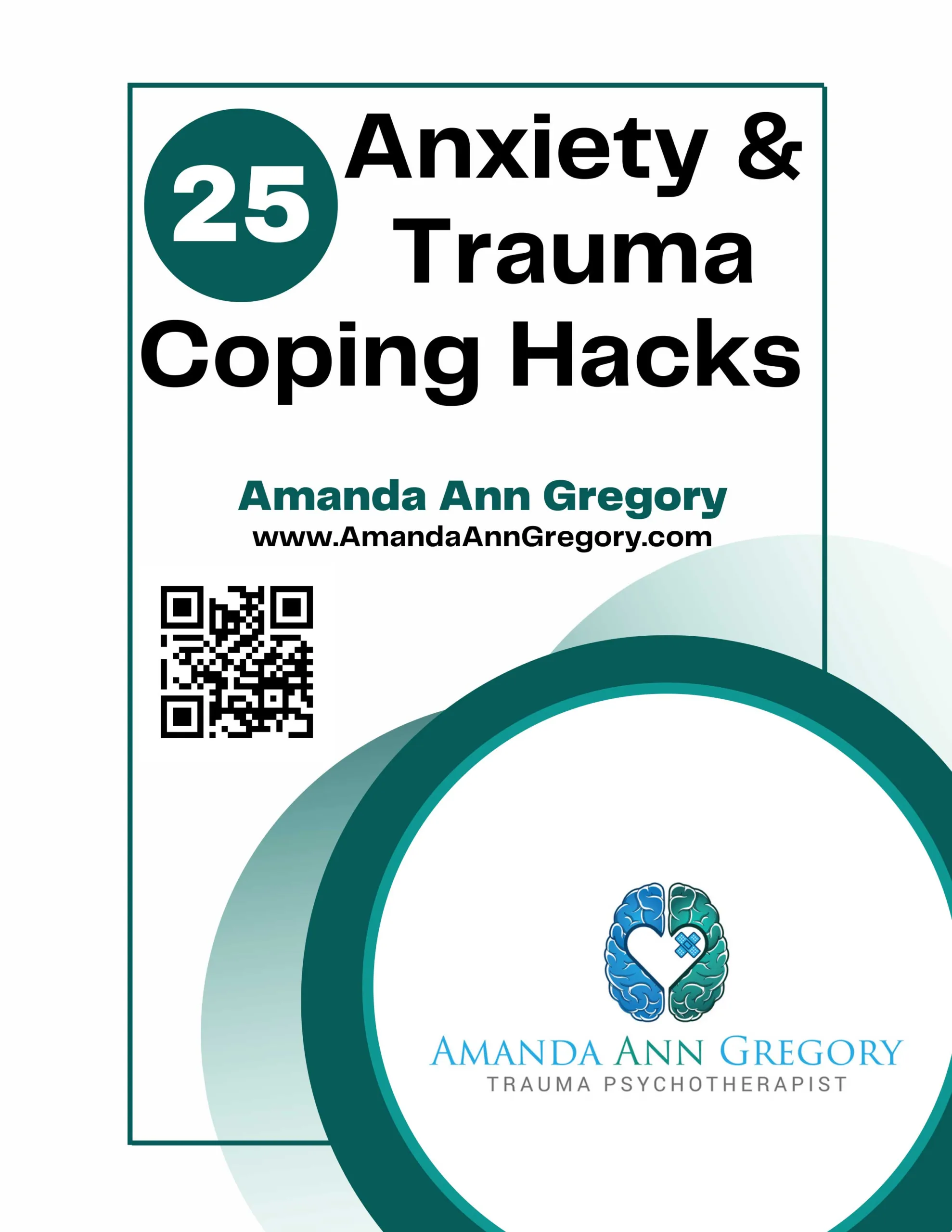An “attachment figure” is just what it sounds like: a figure to whom you attach. It was once thought that your main attachment figures were your parents. But the more we learn about attachment, the more we realize that people don’t just attach to their parents but attach to a variety of different figures in their lives.
In fact, some people do not attach to their biological parents at all. Why? A few reasons for this lack of connection are trauma, death, separation, parental mental health issues, parental attachment issues, child abuse/neglect, and substance abuse. While writing my book, You Don’t Need to Forgive, I discovered that a lack of attachment figure can cause complex trauma.
When parents are unable to serve as attachment figures, their children must seek attachment figures elsewhere. In addition, adults who’ve experienced a secure attachment to their parents seek additional attachments in order to thrive. Who are your attachment figures?
Here’s a few examples of common attachment figures:
Animals
Dogs, cats, rodents, reptiles, and birds, to name a few, are capable of serving as healthy attachment figures for humans. These animals can provide safety, unconditional acceptance, and emotional support. Commonly, these animals are referred to as pets. Yet, there is a growing trend of animals serving as service animals, emotional support animals, and therapy animals.
As a therapist, I’ve seen children and adults who struggle to establish and maintain attachments become able to attach to an animal. They are then able to transfer this connection to a human relationship. As one of my clients remarked, “my dog feels safer than people. So, I had to start with my dog.”
Yourself
Yes, you can serve as your own attachment figure. Think about it. An attachment figure is there to provide you with safety and support in order to thrive. You can and likely already provide these experiences for yourself. Think of times when you have acted as a caring parent to yourself.
Here are a few examples of self-parenting: You go to sleep at a decent time, you take a day off when you’re sick, you give yourself permission to feel, you eat a healthy meal, and you self-soothe. You shouldn’t rely on yourself as your only attachment figure, as it’s healthy to establish secure attachments with others. These additional connections help us to act as even stronger attachment figures for ourselves.
Friends
Usually you can’t choose your parents, but you can choose your friends. These choices can create powerful bonds to people who have common interests, values, and lifestyles. Some people refer to their friend groups as their “tribe.” Do you have a tribe?
Many people who cannot rely on family connections create secure attachments with a group of friends. For example, members of the LGBTQ community who have been disowned by their families have sought out groups of friends in the LGBTQ community to serve as their attachment figures.
Extended Family
When parents cannot provide secure attachment, extended family members can bridge the gap. Aunts, uncles, grandparents, cousins, siblings, and adoptive family members can serve as healthy attachment figures.
As a therapist, I’ve seen many extended family members serve as secure attachment figures. There are many people who are raised by extended family members and who identify these members as their primary attachment figures. I’ve often heard my clients say such things as, “technically she’s my aunt but she’s actually my mom,” and “he’s my brother, but he’s more like my dad.”
Community
Communities can provide a variety of connections. Some cultures rely on the community to raise their children as opposed to the family unit. These children establish strong connections to members of their community that help them to thrive. How would you define your community?
Here are some examples of communities: work colleagues, neighborhood groups, professional organizations, social organizations, support groups, and sports teams.
Your biological parents are not your only source for relational connections. Who are your attachment figures apart from your parents?
Purchase my book, You Don’t Need to Forgive

Sign up to get your Free eBook: 25 Anxiety & Trauma Coping Hacks

Hire me to speak at your event! Contact Me






